DHL to use biofuel to neutralize carbon emissions of all ‘less-than-container’ load shipments in ocean freight globally
Green Car Congress
SEPTEMBER 29, 2020
DHL Global Forwarding, the air and ocean freight specialist of Deutsche Post DHL Group, says it will be neutralizing the carbon emissions of all less-than-container load (LCL) ocean freight shipments from 1 January 2021. To fight against climate change, the transport sector needs true decarbonization.


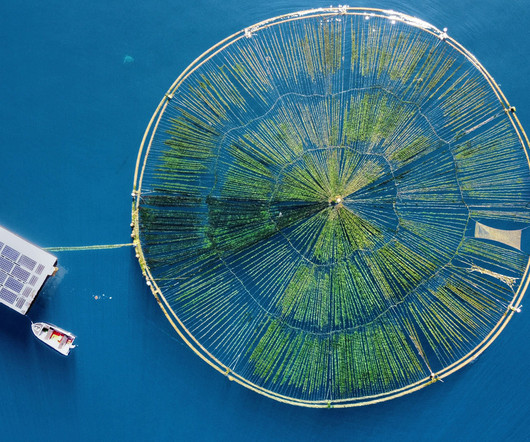
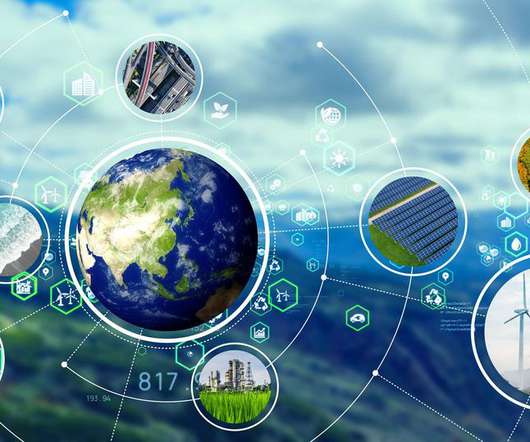

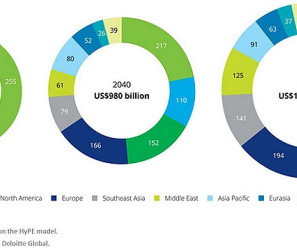

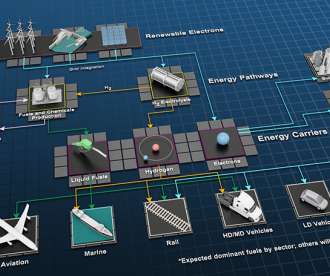











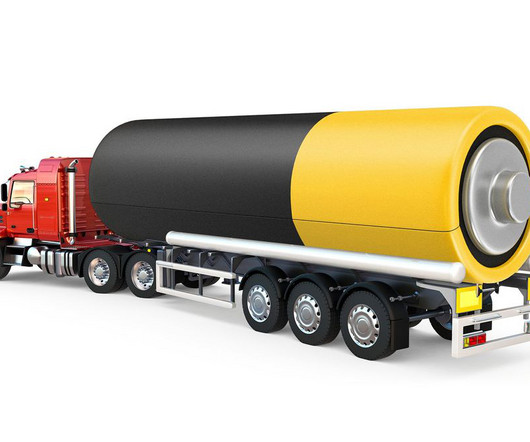
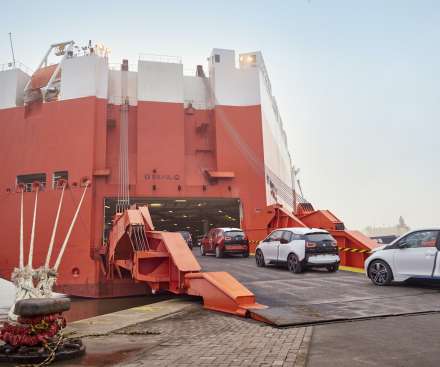




















Let's personalize your content